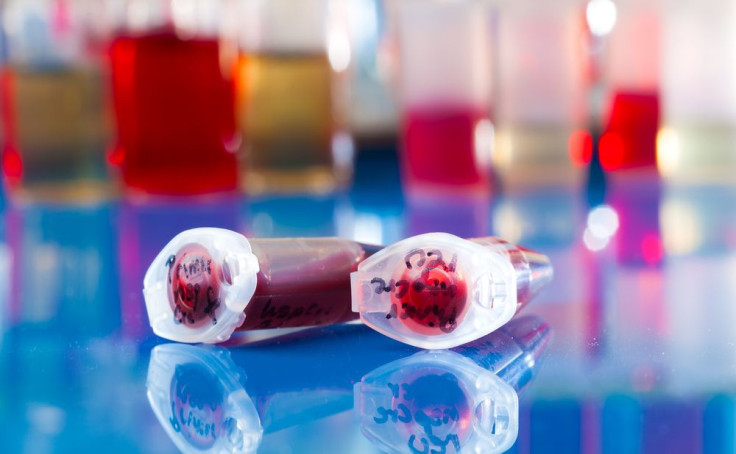Esophagus Grown And Transplanted With Tissue Engineering In Regenerative Medicine Breakthrough

Tissue engineering has been used to construct and successfully transplant functioning esophagi — a breakthrough that stands to advance regenerative medicine as well as stem cell research.
The lab-grown organs were transplanted into rats, where they displayed regeneration of nerves, muscle, epithelial cells, and blood vessels, senior author Dr. Paolo Macchiarini said in a press release. The new method built on previous research on so-called tissue engineering — a groundbreaking feat of regenerative medicine that has been used in several innovative lab procedures over the past few years.
"We believe that these very promising findings represent major advances towards the clinical translation of tissue engineered esophagi,” said Macchiarini, who headed the research at Karolinska Institutet in Sweden.
To create the bioengineered windpipes, the team began by extracting the esophagi of donor rats and stripping them of all cells, leaving only a scaffold structure with the organ’s chemical and mechanical properties. This structure was then seeded with bone marrow cells of low immunogenicity — that is, cells that do not require immunosuppressive drugs following transplant. The reseeded structure grew over three weeks, with cells gradually exhibiting organ-specific characteristics.
In a study published in the journal Nature Communications, the team describes how the cultured tissues were successfully used to replace segments of the esophagi in a sample of rats. Two weeks after the transplants, all subjects remained in good health, with signs of nerves, muscle cells, epithelium, and blood vessels emerging in the bioengineered tissue.
Tissue Engineering and the Future of Regenerative Medicine
The lab-grown esophagus is the latest in a growing series of medical breakthroughs made possible with tissue engineering. Last week, a British team of researchers announced that they’d successfully rebuilt the deteriorated thymus of old lab mice. Similarly, researchers from Okohama City University in Japan made headlines last year with a functioning rudimentary liver grown from stem cells.
Aside from advancing current stem cell research and regenerative medicine, the new findings stand to benefit countless patients diagnosed with esophageal disorders. “A tissue-engineered oesophageal scaffold could be very useful for the treatment of pediatric and adult patients with benign or malignant diseases such as carcinomas, trauma or congenital malformations,” the researchers wrote in their conclusion.
Source: Sjoqvist S, Jungebluth P, Macchiarini P, et al. Experimental orthotopic transplantation of a tissue-engineered oesophagus in rats. Nature Communications. 2014.



























